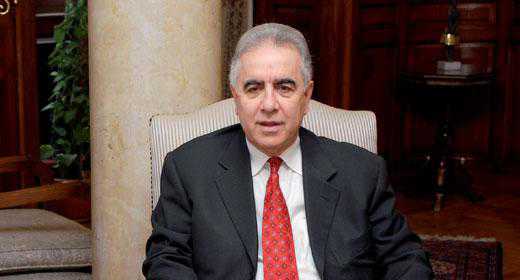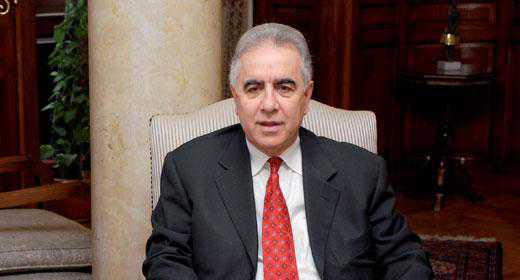
An amateurish US film mocking the Prophet Muhammad and denigrating Islam unleashed massive and violent anti-American protests throughout the world last week.
The angry demonstrations turned deadly when unknown assailants attacked the American Consulate in Benghazi, Libya, killing US Ambassador Chris Stevens and three staff members. Security forces in several countries killed dozens of protesters as they burned American flags and scaled the walls of US Embassies.
Pouring more oil on the fire, initial reports falsely claimed that the movie was produced and financed by Israelis. In fact, it was produced in Southern California by a Christian Egyptian convict whose film was severely denounced by Bishop Serapion of the Coptic Church in Los Angeles.
The real issue, however, goes beyond the vile movie and its reckless producer. The film simply served as a pretext for protesters to express their pent up anti-American anger after decades of flawed and counter-productive US foreign policies — none of which justifies the killing of American diplomats and attacks on US Embassies.
The list of serious missteps by successive US administrations is lengthy enough to fill many volumes. Whether it is called Arab Spring or Winter of Discontent, the down-trodden masses of third world countries have finally erupted in anti-American rage, having long-endured oppressive tyrants backed by Washington. To achieve short-term and shortsighted objectives, American policymakers often damage US interests in the long run.
Another regrettable US mistake is pouring billions of dollars into the pockets of corrupt foreign leaders, to prop up puppet regimes and buy their friendship. Unfortunately, very little of this US largesse has trickled down to the poor and needy. Ultimately, the masses overthrow the autocrats and take their anger on the nearest US target — the American Embassy and the flag which symbolizes to them oppression and misery.
Lengthy congressional hearings are then held in Washington, as legislators wonder why so many foreign leaders have become anti-American and what their corrupt predecessors have done with billions of dollars in US foreign aid? Instead of taking steps to ensure that the assistance provided by the United States reaches the neediest segments of society, Congress often threatens to cut off all aid to teach the new leaders a lesson, thereby antagonizing them even more!
Most problematic is the risky role the United States plays in regional conflicts. Due to misperceived interests, American officials too often throw their weight around, rushing headlong into unnecessary wars or taking one-sided positions, whereas a more balanced approach would be more productive in peacefully mediating these conflicts.
Caution is particularly necessary during an election year, when US presidential candidates make overly partisan statements to pander to the interests of diverse constituencies. A careless remark can have far-reaching consequences, tarnishing America’s image and alienating millions of people around the world.
Most Arabs and Muslims are convinced that America has not been an honest broker in the Arab-Israeli conflict. As a result, they harbor great resentment and deep-seated anger toward the United States. Any provocation, such as burning the Koran or making anti-Muslim movies, triggers a violent reaction. While US laws protect even the vilest forms of speech, people must realize that words have consequences; and just because it is legal to say something, it may not be prudent to do so!
However, in all fairness, not every hostile act in the world should be blamed on US foreign policies. There are extremists in every race, religion, and nation motivated by hostile ideologies with the sole aim of causing indiscriminate destruction. Regrettably, Western governments and societies often mistakenly blame everyone who shares the racial and religious affiliation of few extremists, thereby antagonizing millions of peaceful citizens.
Fortunately, there is no shortage of learned scholars in academia and experts in governmental agencies who can advise and educate US leaders, many lacking basic knowledge of world affairs. A case in point is a conversation Pres. George W. Bush had with three Iraqi-Americans. When the President was informed about the existence of different Islamic sects in Iraq, he reportedly told his guests that he did not know there were Sunnis and Shias in that country. “I thought the Iraqis were Muslims,” he was quoted as saying!
While bad movies can trigger short-term outbreaks of violence, bad foreign policies can cause long-term damage to US national interests.


 . Azeri is not to deny past crimes, not to commit new ones — with or without an axe — and then pursue peaceful solutions, rather than whipping up racist anti-Armenian mass hysteria by the ‘Bash Baltaji’ and his cohorts.
. Azeri is not to deny past crimes, not to commit new ones — with or without an axe — and then pursue peaceful solutions, rather than whipping up racist anti-Armenian mass hysteria by the ‘Bash Baltaji’ and his cohorts.


